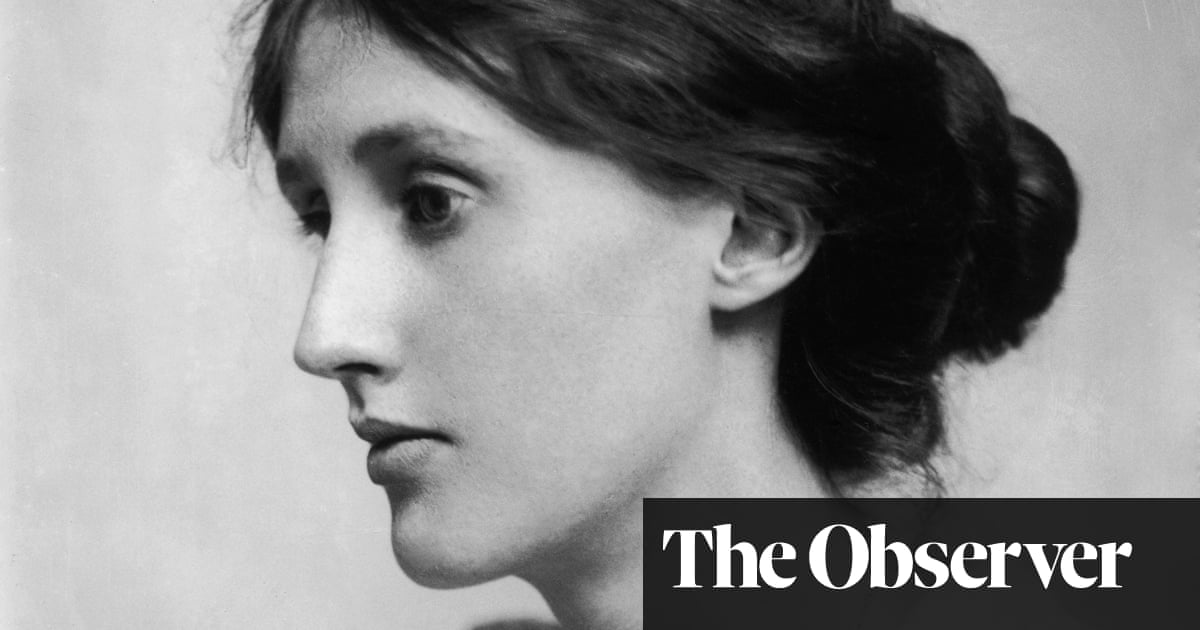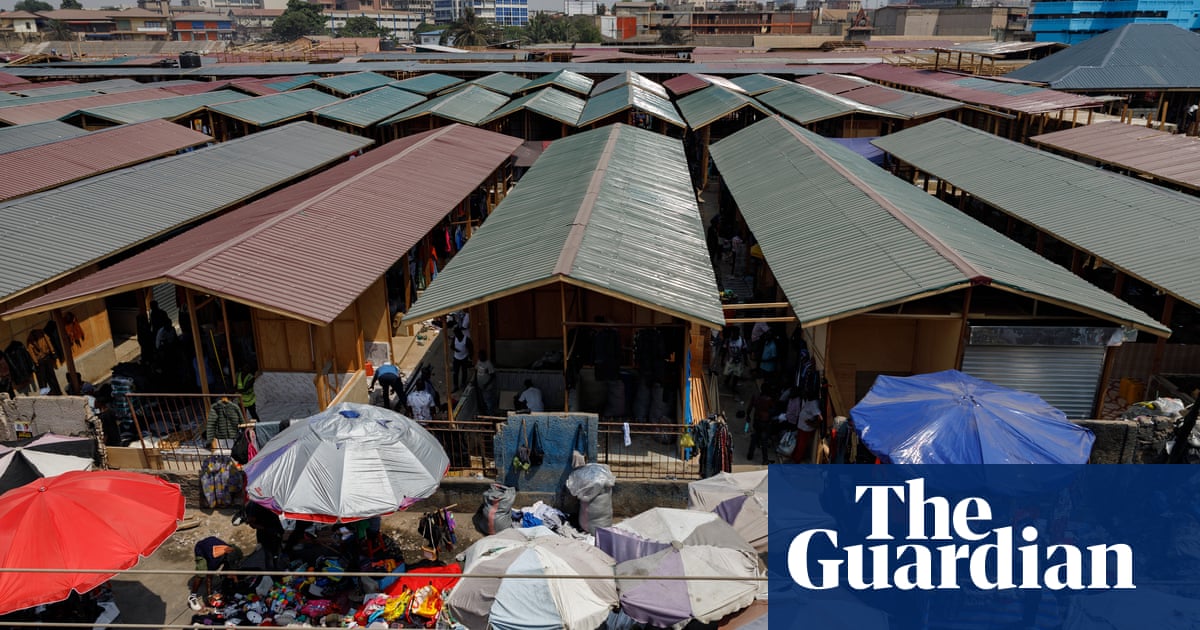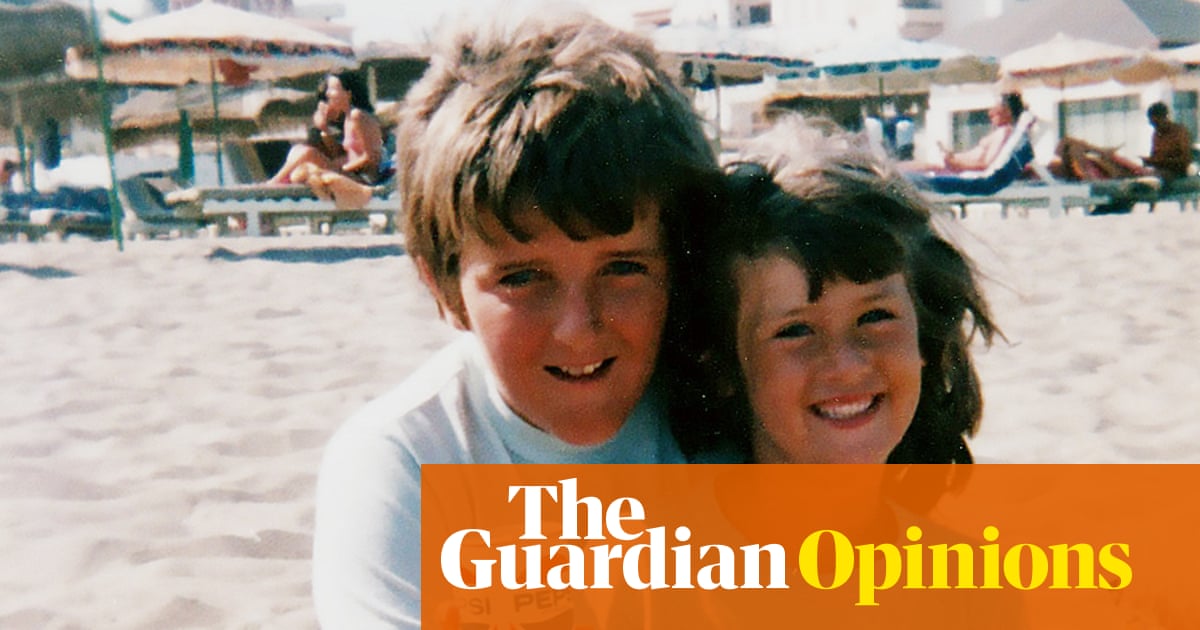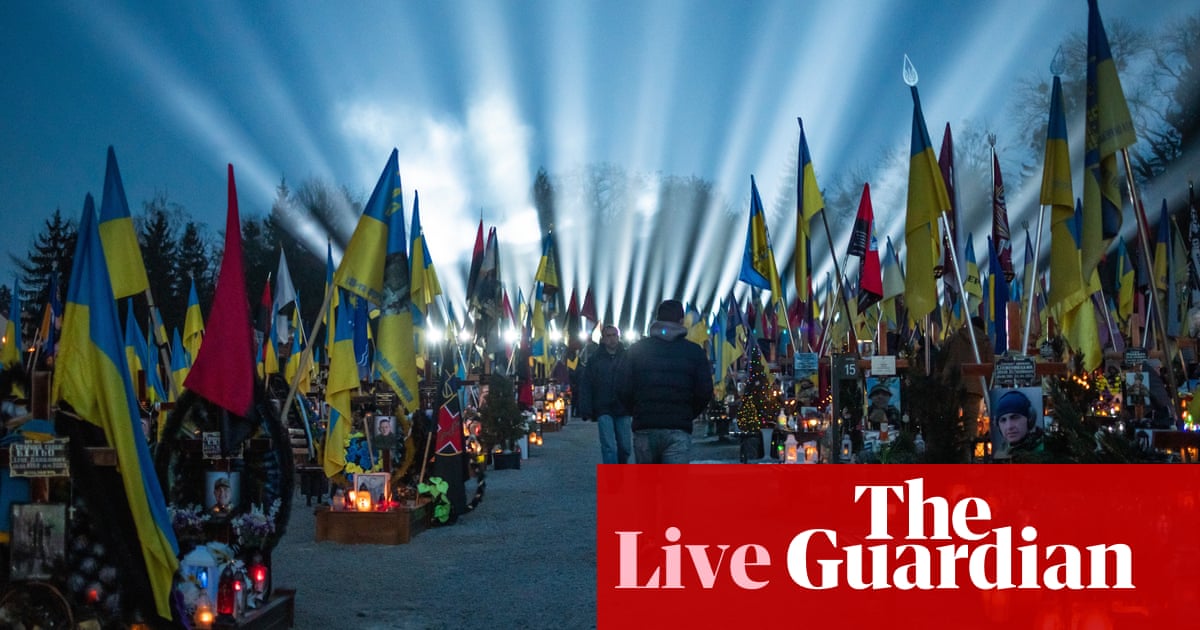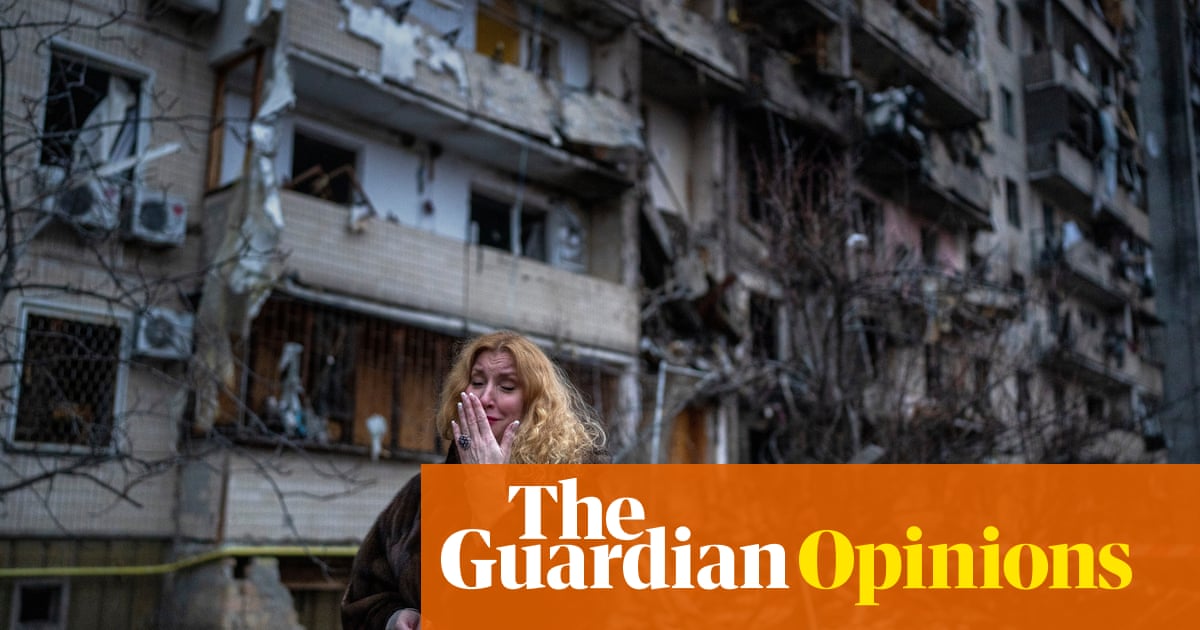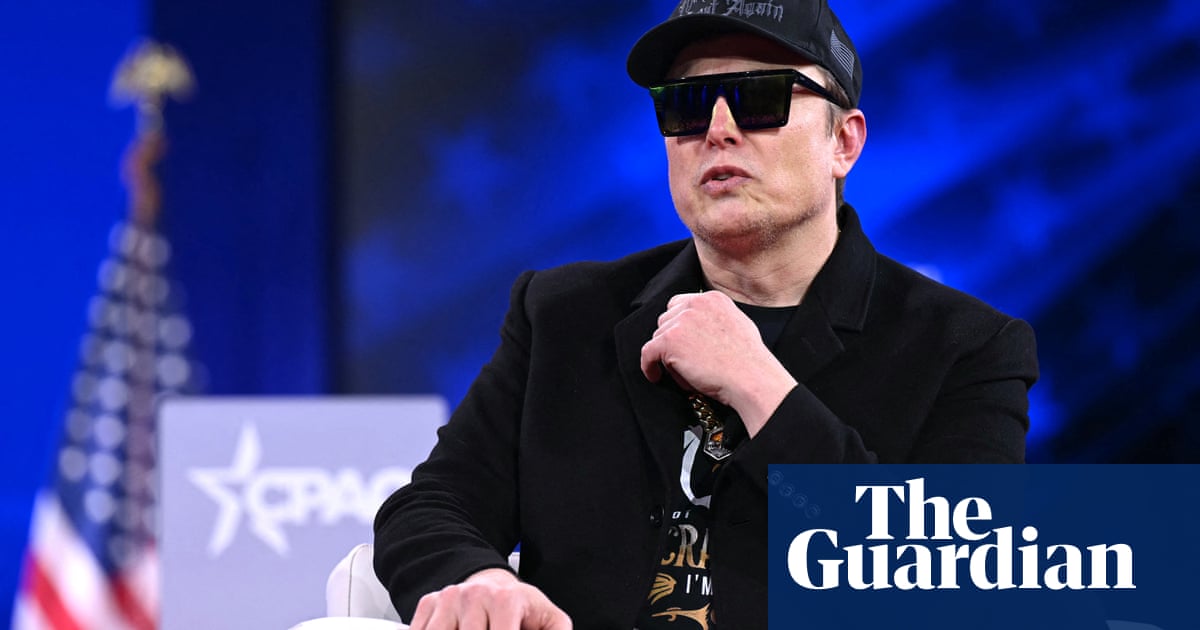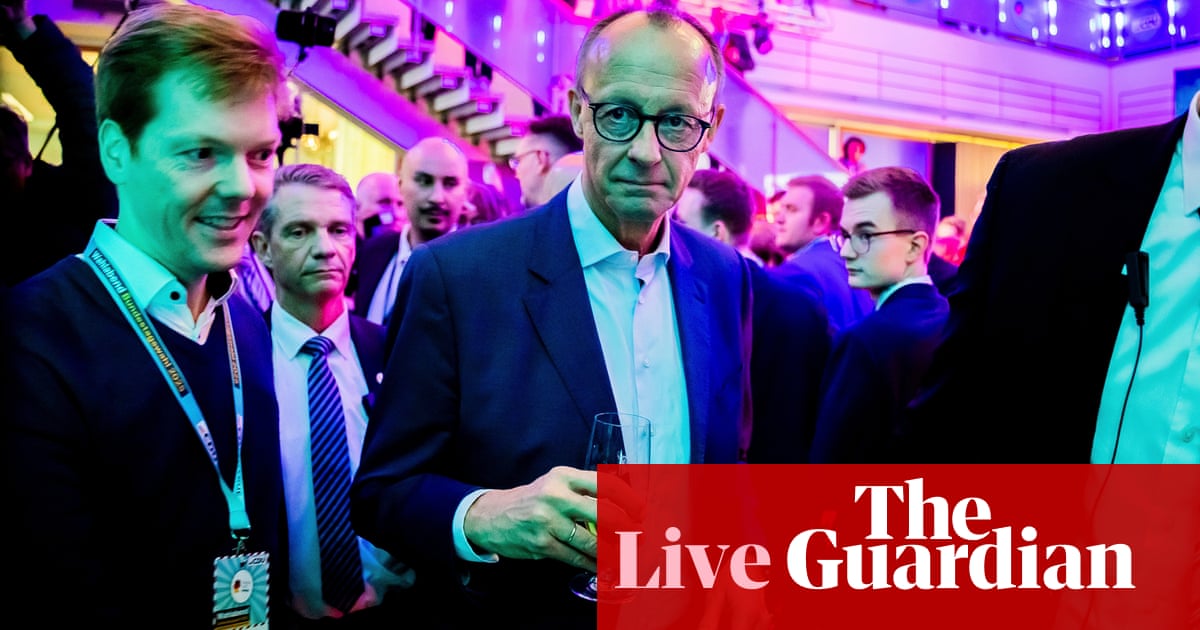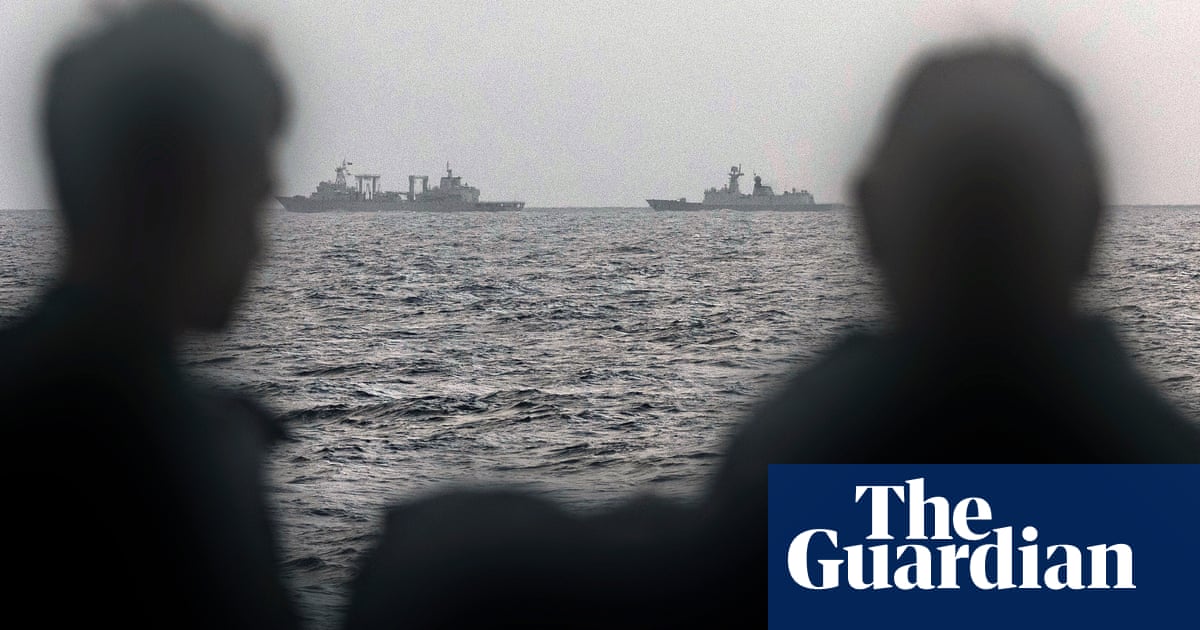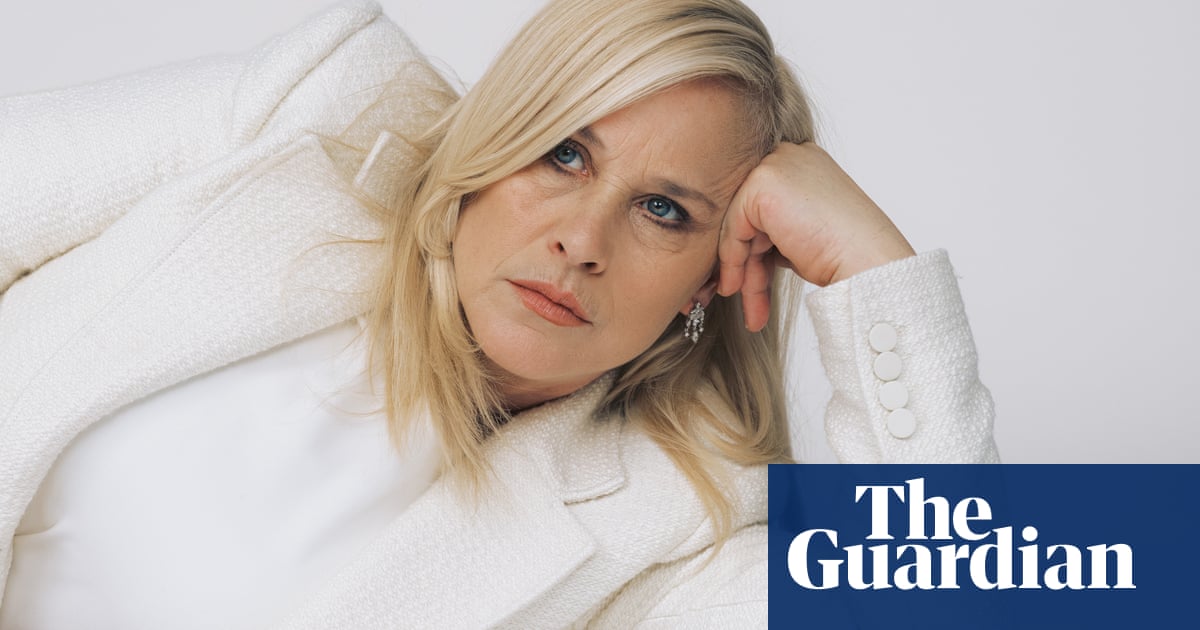Elite sport is that peculiar amalgam of ritual, repetition, ingrained twitches, drilled skill, known strengths and feared limits. But it matters not a jot without passion – and sometimes even that is not enough.
At 38 and in reasonable if not optimum shape, Rafael Nadal brought all of those elements together in Málaga on Tuesday night as best he could, but not with enough conviction to seal his farewell with a win. He took defeat in his last match with as much dignity as victory in his first, aged 15. But he lost. And it hurt. He would not have wanted it any other way.
At least he can put the grind and process behind him now. No more hours of sweating in the gym, picking at his shorts, tugging at his headband, wiping his brow with his wristbands, no more lining up the water bottles at his courtside chair or waiting for the draw or a call from one of his many doctors. Finally, he can get out the golf clubs and the fishing rod, relax under the Spanish island sun, free at last from the privileges and pressures of genius.
Nadal – one of the most gracious champions it has been my pleasure to know – will walk away from his sport fulfilled, yet frustrated in the manner of his leaving. He gave all that he had in the last match of his career, against the uncomplicated hitting machine, Botic van de Zandschulp, a spelling mistake waiting to happen who is the Netherland’s No 2, the world No 80, in the quarter-finals of the Davis Cup.
Nadal needed more than a sustained lift from the Spanish crowd against an opponent who had beaten his young compatriot, Carlos Alcaraz, in the US Open. What brilliant moments he conjured in their two sets in Málaga arrived like flickers of a dying flame.
At least he was not Mike Tyson against Jake Paul. He let his hands go when he could. But too many blows – 26 in all – did not find their target. He had his chances and could not take them. Like Tyson, he had made others pay in his pomp, but no more. “The crowd was tough,” the winner said. “Understandable. If I was in the crowd, I’d be cheering for him as well.”

Who didn’t want Nadal to do it one more time? I’ll forget the 6-4, 6-4 score soon enough. Other recollections will remain fixed for ever. In 2008, Marca, the Spanish newspaper, were looking for someone to do an extra preview of the Wimbledon final between Nadal and Roger Federer. “Who do you think will win?” their correspondent asked as I idled in the press room shortly before what was to be one of the great matches of all time. “Nadal,” I said, with an eye on a few extra Euros. The gig was mine.
From that awesome win over five sets until now, my professional objectivity has been strained to the limit.
Nadal was, in the words of Bob Dylan, forever young. Or at least he wanted to be. Before he faced Andrey Rublev in the quarter-finals of the 2017 US Open, I asked him if he remembered what it was like at that age. “Rublev is 19?” he replied. “If I can come back to 19, I take it. When you’re young, [you have] a lot more years to enjoy the tour, a lot more years to enjoy the life. Of course, it’s better to be 19.”
He paused and added: “I always wanted to be young. Even when I was eight years old, I was not very happy when it was my birthday to be nine. I’m still the same. I am 31 and I am not happy when my birthday is going to be 32. I am happy being young, no? I don’t want to get older. For the moment, I didn’t find the way to stop that clock.”
He would batter Rublev without compassion, 6-1, 6-2, 6-2, then Juan Martin del Potro and Kevin Anderson in the final to win the tournament, one of his 22 majors.
Seven years on, his hair has thinned, his feet have slowed and his muscles still ripple but less convincingly. He is, in the cruel judgment of his sport, old. And done. But what a life, what a career.
Nadal has always been blindingly honest, in a second or third language he embroidered with naivety and unintended humour. For many years – he pronounced “doubts” as “doobts”, until, to the annoyance of those of us who steered him towards the mispronunciation with mischievous questioning, a British tennis writer corrected him.
I hope to this day Rafa did not think we were being cruel behind his back. We weren’t. He was universally popular in the press box.
after newsletter promotion
Nadal and Federer were good friends but greater rivals. It was the same with the third of the triumvirate, Novak Djokovic. They all turned into ruthless animals against each other when it mattered most, raising their play to unprecedented heights of excellence.
What Nadal valued more than the opinion of others was, as he called it, “the real thing”. Nothing entranced him more than the reality that was unavoidable on the court. He was immune to the concerns of the smart writers and, occasionally, the crowd. He rarely smiled during a match although, afterwards, his ever-bright face would illuminate any room.
When the notoriously raucous Monte Carlo patrons booed him for a disputed line call during his 2017 semi-final against David Goffin, Nadal bore them no grudge, describing their infantile behaviour merely as sad.
He revealed later that, in the shower after the match, he and Goffin did not once mention the controversy that cost the Belgian a 4-2 lead in the first set – and possibly a famous victory – something the rich tax dodgers swilling champagne on the country club’s terrace overlooking Court Central that afternoon would struggle to understand. They were professional drunks; Nadal and Goffin were professional athletes.
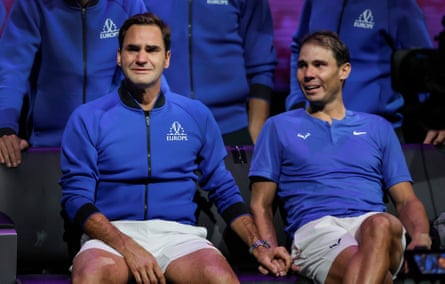
When Nadal announced his retirement last month, it was with similarly calm resignation. “I cannot be competitive enough,” he said. “The question to myself is: ‘OK, I can go one more year, but why?’ To say goodbye in every single tournament? I don’t have that ego. The end is about a feeling I have been thinking for a long time. My body is not able to do it now.”
Nor was his spirit. The passion, so strong for so long, had ebbed beyond usefulness. Inevitably, the tributes poured down on him. Federer, who won their final encounter aged 37 at Wimbledon five years ago, remembered it was a 17-year-old Nadal who won their first meeting, in 2004.
“I thought I was on top of the world,” he said of that match. “And I was – until you walked on the court in Miami in your red sleeveless shirt, showing off those biceps, and you beat me convincingly.”
Federer won 16 of their matches and lost 24. So who was the greater or the greatest? Does it matter? To some. Maybe to Federer. Certainly to Djokovic. But, beyond argument, not to the quiet man from Mallorca who will be busy this winter working on his +0.3 handicap at nearby Pula golf club.

 3 months ago
56
3 months ago
56
